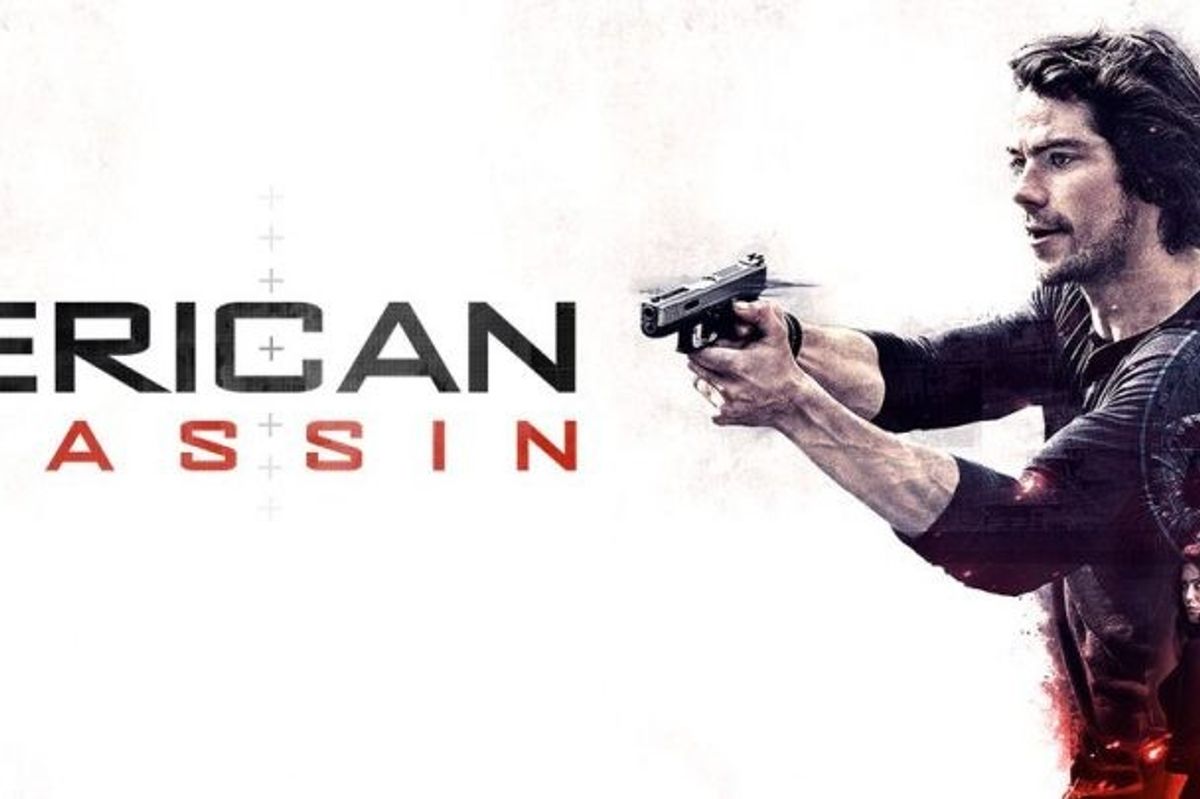The Cipher Brief's State of Play series encompasses reviews of the books, movies and TV shows that help shape our understanding of the national security space. This week, Cipher Brief Expert Michael Morell offers an interesting perspective on Darkest Hour, the new movie depicting Winston Churchill and the decisions he was faced with as Britain lingered on the edge of invasion during WWII.
When I sat down to watch the movie “Darkest Hour,” I was expecting, because of what I had read about it, a superb, even Oscar-quality film. I had been provided an advance-screening copy, most likely because I once wrote about the movie “Patriot’s Day” on the pages of The Cipher Brief.
The film is certainly top notch. From an entertainment perspective, you will want to see this movie.
But I was not expecting something else—a story about a critically important moment of history that carries crucial lessons for us today. As the film’s writer and one of its co-producers, Anthony McCarten said in material accompanying the screening copy: “This story is anchored in the past, yet it resonates all the way into the here-and-now.”
So, “Darkest Hour” is not only a want-to-see film; it is a must-see film for anyone who cares about the direction our country and our world are headed.
“Darkest Hour” is a dramatization set in Britain in the days from May 10 to June 4, 1940. The film follows Winston Churchill, the newly installed prime minister in the early days of World War II, as he deals with a critically important decision: whether to fight on against the Nazis facing terrible odds; or to negotiate a peace with Hitler and save the British people the horrors of war, but at the terrible price of the loss of liberty for millions in Europe and, at minimum, the loss of British sovereignty.
We know from history, of course, how this question is resolved. But what we learn from the film is just how close Britain came to the alternative. What seems absolutely the right thing to do today, with 20/20 hindsight, was much less clear to many in the moment. Luckily for the world, Churchill was in charge and made the right choice against intense political pressure to negotiate in the face of German aggression. Fighting the Nazis led to the defeat of the most tyrannical regime in history, while negotiating could have led to decades of German domination of Europe. It was one of the defining moments of the last century.
So what are the lessons for today? The first, not surprisingly, is the importance of leadership. It is not possible to watch the movie without thinking about the lack of leadership today in making the tough decisions to deal with the many critical issues facing society – from climate change to income inequality to the opioid crisis to race relations, and on and on. “`Darkest Hour’ is timely because we feel a void of leadership now; we want someone to rise to the occasion as Winston did,” said film co-producer Lisa Bruce.
Churchill knew what the right answer was because he saw the bigger picture, when others were more narrowly focused. He saw the long-term consequences of the choice Britain faced, when others could not see beyond the short term. It took all of his political skills, and most importantly, his rhetorical skills, to bring his party, Parliament and the British people to the right answer. Churchill did not follow; he led. We need a Churchill today.
The second lesson for today is that we must address the tyranny we see in the world. Indeed, when I viewed the film, my mind kept wandering to Putin’s Russia and the need of the West, led by the U.S, to push back on Putin’s destabilizing behavior in the world, his unrelenting attacks on democracy and the rules-based international order, both of which he sees as a significant threat to his power at home and Russian influence abroad.
Do not misinterpret what I am saying. I am not saying that Putin is the equivalent of Hitler, nor I am saying we should go to war with Russia. But Putin’s actions are far from benign. They are a serious form of tyranny, and we need to take Putin on in a much more aggressive fashion than we have. The limited sanctions that we have put in place have not been effective in moderating his behavior. Not even close.
To which behavior am I referring? Putin was directly responsible for: the invasion and subsequent partial occupation of Georgia in 2008; for the invasion of Ukraine in 2014; the seizure of Crimea, and the ongoing support to separatists in eastern Ukraine; for coming to the rescue of Syrian President Bashar al-Assad’s brutal regime in 2015; and for using information operations to create political divisions in the democracies of many nations, including the U.S.
I believe Putin is fully responsible for the 2014 shoot-down of Malaysian Airlines Flight 17 by Russian supported separatists over eastern Ukraine that killed 298 people. He, along with Assad and Iran’s Supreme Leader, are responsible for the humanitarian disaster in Syria – the worst since World War II – with 12 million displaced people, and more than 400,000 people killed. This is not to mention the thousands killed in Ukraine and Georgia, as well as the hundreds of political opponents Putin has killed at home and abroad.
The West has not appeased Putin the way former British Prime Minister Neville Chamberlain appeased Hitler, but it has not been steadfast in defending its interests either. One wonders what Churchill would do. “Darkest Hour” gives us a glimpse of what that answer might be.














